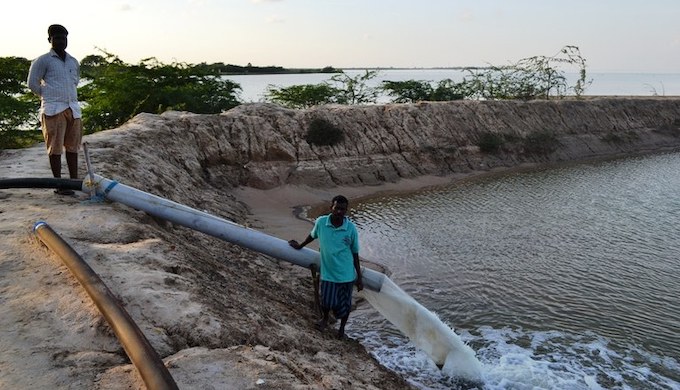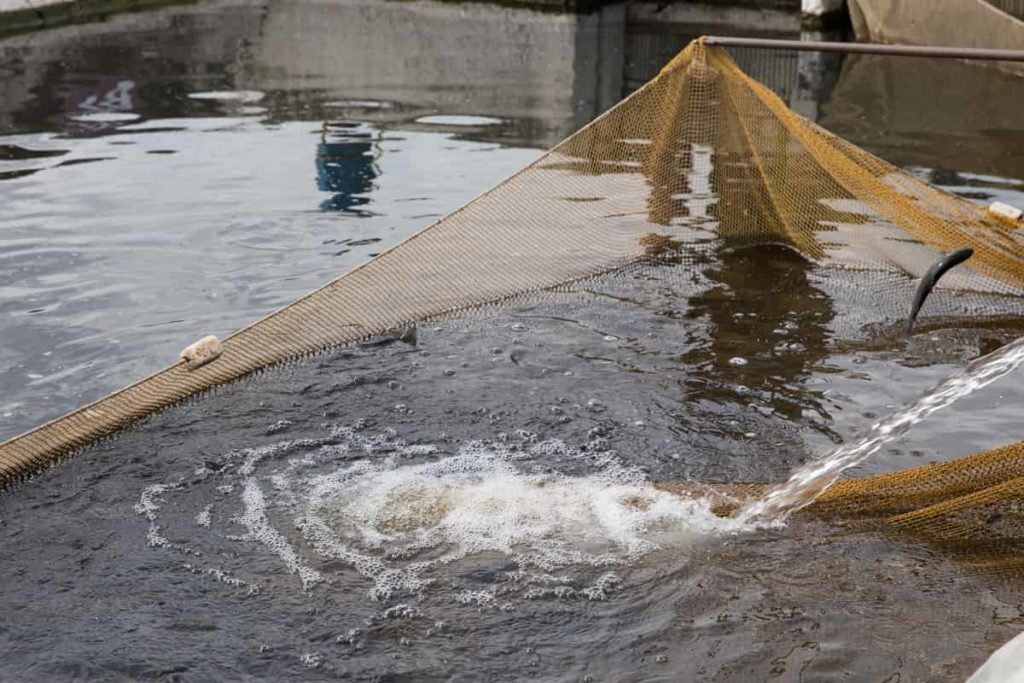
ENVIRONMENT & ECOLOGY
- We all have a responsibility to serve the nature that sustains us. By working together, we can help protect our planet and its resources for future generations. There are many ways to serve the nature, such as recycling, conserving energy, and reducing pollution. We can also support organizations that are working to preserve the environment. Every little bit helps! When we work together to serve the nature, we are making a difference for our planet.There is nothing more rewarding than serving the nature that has given us so much. By giving back to nature, we ensure that future generations can enjoy all the benefits that it provides.
- Serving the nature is a way of showing our gratitude for all that it has done for us. It is also an investment in our future, as healthy ecosystems are essential for human survival.
- There are many ways to serve the nature, such as planting trees, cleaning up pollution, and protecting wildlife. Whatever way you choose to give back, you will be making a difference.
- So get out there and start serving the nature! It will thank you for it in ways you never even imagined.
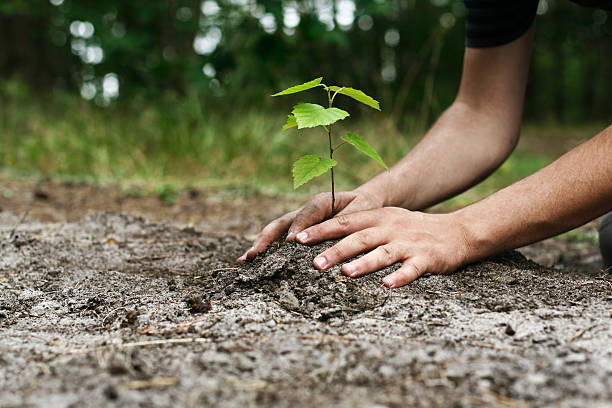
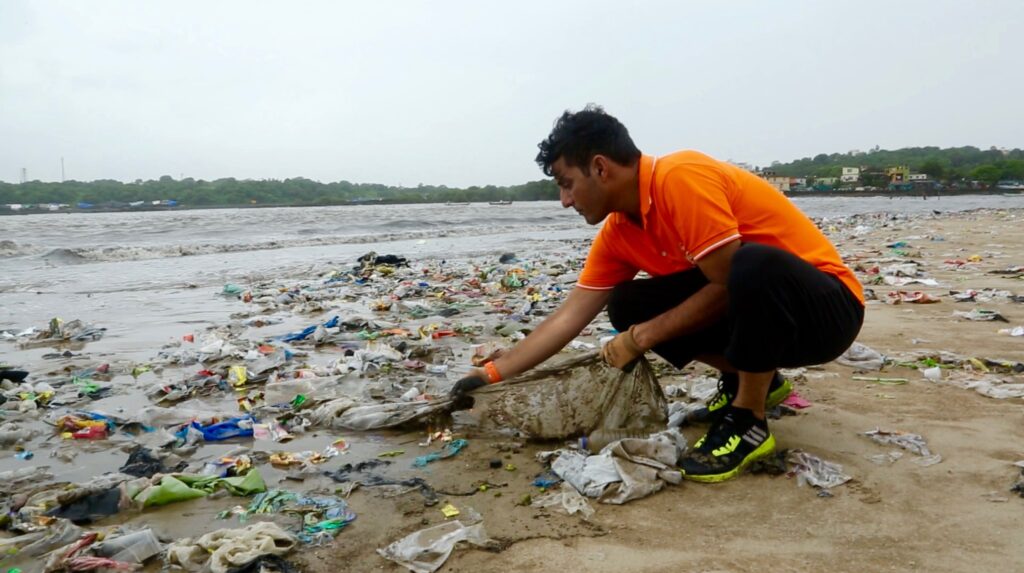
A GREEN WARRIOR - VIVEK SIR
Who targeted to plant 1 crore Saplings. He had launched the ” GREEN KALAM” project, A massive tree planting drive, in 2011 and had planted nearly 33.23 lakh saplings so far, So for Honouring our GREEN WARRIOR VIVEK Sir, We also took a Great Hand In his project
– Planting Trees Saving Nature ” GREEN KALAM PROJECT”
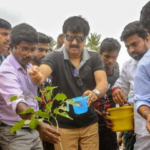

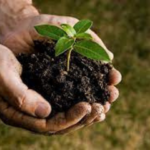

AQUACULTURE
- Aquaculture is an exciting and growing industry that has the potential to provide a sustainable source of seafood for the future. It involves the cultivation of aquatic plants and animals in controlled environments, and can be used to produce a variety of different species.
- There are many benefits to aquaculture, including the fact that it can help to reduce pressure on wild fish stocks. It can also provide a more consistent supply of seafood, as well as create new jobs and economic opportunities in communities where it is practised.
- Aquaculture is not without its challenges, however. One of the biggest is ensuring that farmed fish are healthy and free from disease. This requires careful management and monitoring, as well as strict biosecurity measures.
- Despite these challenges, aquaculture is an important part of the global food system, and one that is likely to continue to grow in importance in the years ahead.
